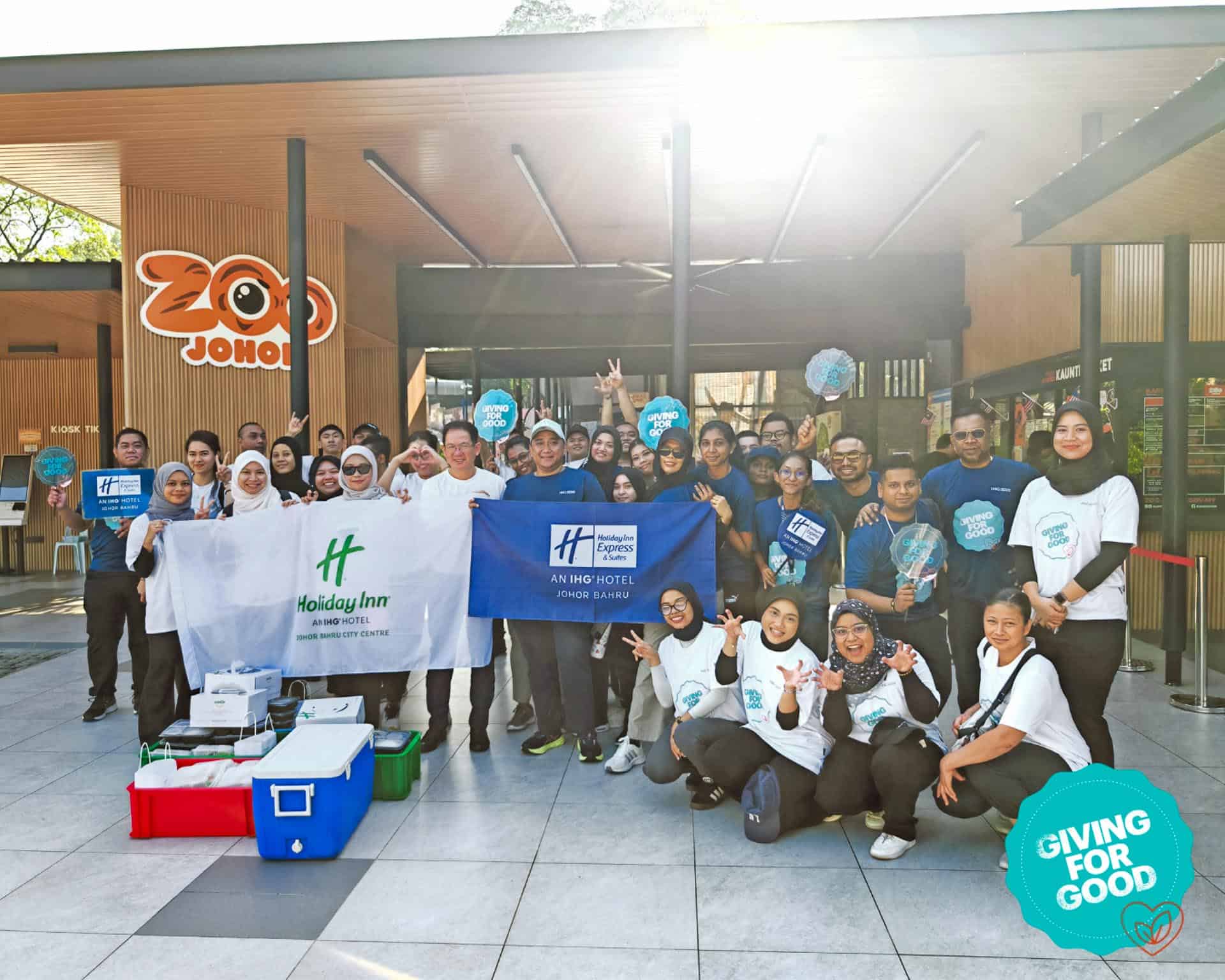
63 Malaysian Social Enterprises and Businesses Supported To Scale
4 October 2021 – Some 31,500 Malaysians will stand to benefit from the efforts of 63 social enterprises (SEs) who received funding support totalling RM10 million through the Malaysian Government’s PENJANA’s Social Impact Matching (SIM) Grant in the past year.
The SIM Grant was a move by the government to rebuild the livelihood of communities through social enterprises in five impact areas, namely, environmental protection, food security, health & social well-being, community livelihood and heritage preservation. The grants are channeled through the social enterprises to the beneficiaries for capacity building that will provide them with additional skills to improve job prospects, increase income and improve their overall livelihoods.
Altogether, the 63 social enterprise grant recipients from across 9 states are forecast to deliver an estimated social value of more than RM40 million through their various initiatives.
“We are thrilled to support these social enterprises who have worked hard to raise an equal amount of funding, or more, through crowdsourcing programmes and other corporate sponsors – thereby doubling their total financial support through the matching grant. This shows that there is growing awareness, appreciation and support for social innovation in Malaysia – which is an inherent indicator of a progressive society – one where we foster the growth of sustainable and scalable solutions to enhance our collective well-being,” said Amiruddin Abdul Shukor, Acting Chief Executive Officer, Malaysian Global Innovation & Creativity Centre Berhad (MaGIC).
More than one third of the approved SIM Grant funding is directed towards initiatives on community livelihood, followed by 26 percent of the approved funding going to health and social well-being. Marginalised communities, youth and children form about 50 percent of the beneficiaries, whilst indigenous communities make up another 30 percent.
“Through the SIM Grant, we hope to foster a virtuous cycle of good, enabling some of the best practices to be sustained, replicated, expanded and scaled nationwide in the coming years,” said Amiruddin. The supported social enterprises predominantly provide education, food & beverage and agriculture related programmes, interventions or solutions, with at least 30 percent of the initiatives selected run nationwide or online.
The SIM Grant Joint Approval Committee, composed of the Ministry of Science, Technology and Innovation (MOSTI), MaGIC, Yayasan Hasanah and Yayasan Inovasi Malaysia, assessed applications for feasibility, effectiveness and intended outcomes, towards making a decision. A total of 182 applications were received.
SIM grant recipient, Melissa Gomes from Edvolution, an education-related social enterprise said, “Through our work with educators on the ground, we found that the pandemic has created an increased demand for quality online professional development courses. As such, the Penjana SIM grant has been a huge help in enabling us to meet the demands of our beneficiaries who are predominantly from the B40 category. Many courses are delivered in the local language.”
One month after receiving the grant, Edvolution created a one-stop online professional development platform for teachers, education leaders and schools called CikguHub. Here, they offer 20 short courses, three online programs and one tailor-made school solution. Some of their courses include Understanding Teaching as Leadership and Myself, Building My Community, Understanding Student’s Social Emotional Needs and Assessing My Teaching Competencies. At present, Edvolution has 65 learners on the platform and are expecting to receive another 100 learners by the end of November.
“The SIM Grant has contributed to our efforts in recycling coconut waste in Sabah. We have utilised the grant by acquiring a larger manufacturing and storage area, as well as a coconut waste processing mechanism to increase production and efficiency. Prior to receiving the grant, we were processing 500 kilograms of coconut waste per month. However, the grant has now allowed us to process one tonne (1,000 kilograms) every month with an annual increase. To date, we have collected more than 15,000 kilograms of coconut waste and processed 15 tonnes of it into cocopeat, coco fibre and coconut oil. More importantly, we have hired 20 persons who can now generate their own income as well with the skills and training provided using coconut resources,” stated Markos Suman, founder of MF Borneo Agronizuw.
“We want to ensure that traditional fishermen not only earn a higher income from new channels, but also from reporting data of their yield. We plan to automate the process for fishermen using Artificial Intelligence imaging and improve their cold-chain system, so they are more resilient and have the capacity to upscale their operations and trade,” said #Demilaut founder, Haaziq Ibrahim.
Some SIM Grant applicants who were unsuccessful in securing funding were funneled into two other MaGIC initiatives, namely, the Social Impact Challenge Accelerator (SICA) where they pitched for projects from other organisations, to receive network and funding opportunities, as well as the Buy For Impact programme where social enterprises are provided market access, funding and capacity building support.
Initiatives such as the SIM Grant promote inclusive and responsible businesses that create a positive impact on Malaysian society while stimulating the private sector and general public participation in seeding and scaling social innovation. In doing so, ‘doing good’ becomes the new norm.